The following checklist has been put together to assist small business owners to refer to an early stage marketing strategy that involves maximum return on investment with lowest investment!
Marketing strategy checklist:
- Brand Identity – You need to have a clear identity for your brand which does the job of communicating your USP best! Your major collaterals for this are – logo, website design, social media handles, banners and printable and more. Make sure that the design language is consistent throughout!
- Define Target Audience – You need to know your customer through and through. As each strategy is unique to a different set of customer you need to be certain about your customers persona and behavioural traits. Who are they and what do they need? Define the gender, age, location, hobbies, dislikes, etc
- Test out Facebook Ads – Learn the basics of facebook ads and try out marketing your products to your various target audience definitions. You’ll learn more about your customer and they’ll learn more about you!
- Optimised Website – There cannot be any compromise on having an SEO optimised website that has regular content flowing in. Your website should be to the point, it should list all your products and services and should have great speed.
- Email List – You need to collect email addresses and work on a client and potential customer list from day one. This email list is your asset that you can use to roll out any offers, announcements or just engage with them!
Top tip: Get to grips with Google. The search engine giant receives over 73,000 searches per second on any given day, Google is your best friend when it comes to marketing strategy. Used right, Google can be your one stop solution for all your marketing needs!

Here are the four Google tools your small business should be making the most of:
- Google Analytics– Used for tracking and reporting on your website’s traffic, Google Analytics (GA) tells you which pages on your website are performing well, and which might need some TLC. GA also reports on where your site visitors clicked from, as well as how much time they spend on your site. This is all useful information that you can use to optimise your site.
- Google Ads– This is Google’s online advertising platform, where you can pay to display ads, services, and promoted product listings. You can even get people to download your app (if you’ve got one). Ads from Google are really good at increasing visibility to areas of your business that really need it.
- Google My Business– This tool is completely free, and if you’re not already making the most of it, you really should be. Google My Business allows your business to register itself with Google, heightening your chances of appearing in the search results when someone googles you, or something to do with your business.
- Google Digital Garage– Another one of Google’s free online tools, Google Garage provides marketing training, equipping you with the digital skills you need to grow your business.
More types of digital marketing
These were the key forms of digital marketing, believe it or not there are even more!
Why stick to a single method of marketing and spread yourself too thin when you can use so many more to promote your business? Following three channels can definitely boost your ROI!
Pay-Per-Click (PPC) advertising – Otherwise known as Cost Per Click, the advertiser pays a fee every time a customer clicks on an ad. PPC is essentially a way of buying visits to your website.
You can use Google ads and Bing ads to select and bid on the keywords that are most relevant to your business. Apart from this content sites like Facebook also provide this option. This is usually used to boost your website traffic.
Social Media Marketing (SMM) –
Social media can be your promotional platform in many forms which can include anything from a Snapchat filter to running a viral campaign on Facebook, it’s an opportunity to get a bit creative and reach a very wide audience. The overall aim with SMM is to make content that customers will share with their network, increasing exposure and widening customer outreach. This helps in strengthening the brand name!
Display advertising – This is advertising on a website, app, or social media platform that appears in a banner form. It is like putting your banner on someone’s digital property and try to convert the visitors on their site .Each time someone clicks on your display ad, you’ll pay a fee to whichever platform is displaying the ad for you, be that Facebook, Google, Bing, or any other site with display advertisement capabilities.
Small business digital marketing: A summary
Your business marketing strategy should completely align with your end goal – Sales, Brand Building or Awareness. The main focus should be then on communicating a single, clear and consistent message irrespective of the tools you use.
Never forget that it is crucial to create content that is informative, engaging and relatable!
A successful digital marketing campaign will transform your small business into a household name – sometimes even overnight.
Would you like more personalized digital marketing support to really give your business the edge over the competition? Reach us www.galaxiesoftware.co.uk
